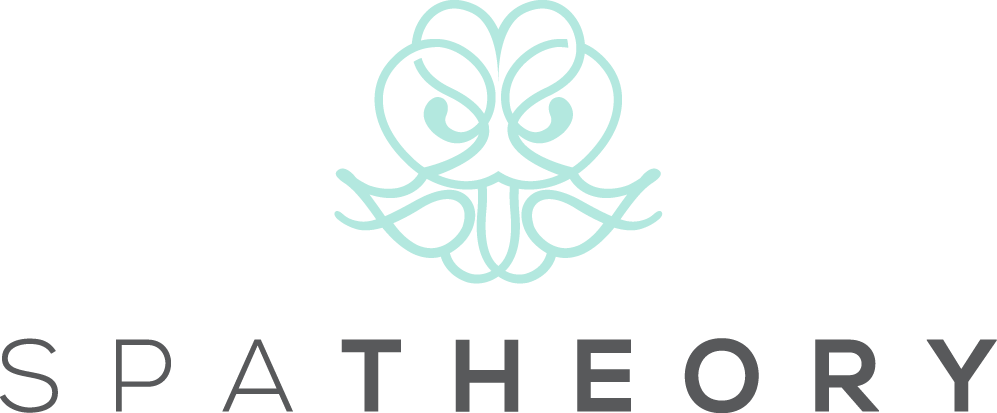Massage Therapy Code of Ethics: Ensuring a Safe and Respectful Experience
In the ever-evolving world of wellness and therapy, the importance of maintaining a safe and respectful environment for clients cannot be overstated - and this is particularly true in the realm of massage therapy. In the following article, we’re going to take a closer look at the massage therapy code of ethics, why it matters, and its role in shaping the industry's standards. Let’s dive in!
The Pillars of the Massage Therapy Code of Ethics
When discussing the code of ethics for massage therapists, there are a number of key pillars that serve as the foundation for maintaining professional integrity:
Professionalism
At its core, every interaction in the therapeutic setting should exude professionalism: this encompasses everything from timely appointment management to maintaining the appropriate boundaries.
Confidentiality
Clients often share personal health information and other intimate details during their sessions, and it’s therefore imperative that therapists uphold the highest standards of confidentiality, ensuring that medical or personal details are never disclosed without consent.
Respect
Every client deserves unwavering respect during a massage session: this involves honoring their boundaries, recognizing their unique needs, and offering services without any form of discrimination.
Informed Consent:
Clients must always be informed about the techniques and modalities that will be used during the session, and they should consent to them - full consent includes explaining any potential risks of certain therapies or practices.
Continuous Education
The field of massage therapy is dynamic, with new methodologies and findings emerging frequently. Ethical massage professionals commit to ongoing education to provide the best possible care to their clients.
For those seeking specialized services, such as an in-home couples massage services, it's particularly important to ensure that the therapists adhere to this code. Doing so guarantees a seamless, enriching, and safe experience, free from any unforeseen complications, in an environment where you can truly relax.
Why Ethics Matter in Massage Therapy
It's easy to underestimate the significance of ethics in massage therapy, however, these principles are instrumental in ensuring the safety, well-being, and satisfaction of clients. Here’s why:
The Trust Factor
Firstly, established ethics foster trust; when clients are aware that their therapist is governed by a stringent ethical code, they’ll usually be able to relax more easily when on the massage table. This trust is essential for therapeutic effectiveness, as relaxation and trust play pivotal roles in the healing process.
Boundaries
Secondly, the ethics in massage therapy act as a protective shield, both for the therapist and the client. By defining boundaries and expectations, they ensure that sessions are free from misunderstandings or potential misconduct.
Practical Applications of Ethical Principles
While understanding the foundations of the massage therapy code of ethics is essential, knowing how to apply these principles in real-world situations is equally crucial. Let’s explore some scenarios that highlight the practical applications of these ethical guidelines:
Handling Sensitive Situations:
Imagine a client expresses discomfort or apprehension about a particular technique or area of focus during a session. An ethical massage therapist must immediately address the concern, modify the technique, or avoid that area altogether, ensuring the client feels comfortable and heard.
Maintaining Boundaries
If a client attempts to form a personal relationship outside the professional context, the therapist must tactfully and firmly set boundaries, emphasizing the professional nature of their relationship.
Addressing Misunderstandings:
In cases where a client might misconstrue a therapeutic touch as a personal one, it is the therapist's duty to clarify the intent, ensuring the client understands the therapeutic purpose behind each technique.
Reporting Misconduct:
Should a therapist witness or become aware of any unethical behavior within their professional community, they have an ethical obligation to report it to the appropriate authorities or governing bodies.
Continuous Ethical Growth and Commitment
Even with a clear code of ethics in place, the journey towards ethical excellence is continuous. Therapists should:
Regularly Review the Code: Ethical guidelines should not be a one-time read; regularly revisiting the massage therapy code of ethics ensures its principles remain fresh in a therapist's mind.
Seek Peer Feedback: Engaging in peer reviews and discussions can offer new perspectives and insights on challenging ethical situations, so encourage peer feedback as often as possible.
Engage in Ethical Training: Many professional associations offer ethics courses or seminars; participating in these can provide any therapist with updated knowledge and practical tools for ethical decision-making.
The Bottom Line
Ultimately, the massage therapy code of ethics is more than just a set of guidelines; it's the backbone of the therapeutic relationship, ensuring each session is conducted with the highest standards of professionalism, respect, and care. Established ethics helps safeguard both the therapist and client, fostering an environment of trust and healing where massage therapy can reach its full potential.
For those seeking therapy, whether it's a solo session or specialized offerings like an in-home couples massage in Miami, ensuring your therapist is committed to these ethical guidelines can enhance the overall experience, allowing you to fully immerse in the healing benefits of the massage. And for therapists, adherence to this code not only elevates their professional standing but also enriches the therapeutic bond they share with their clients.

